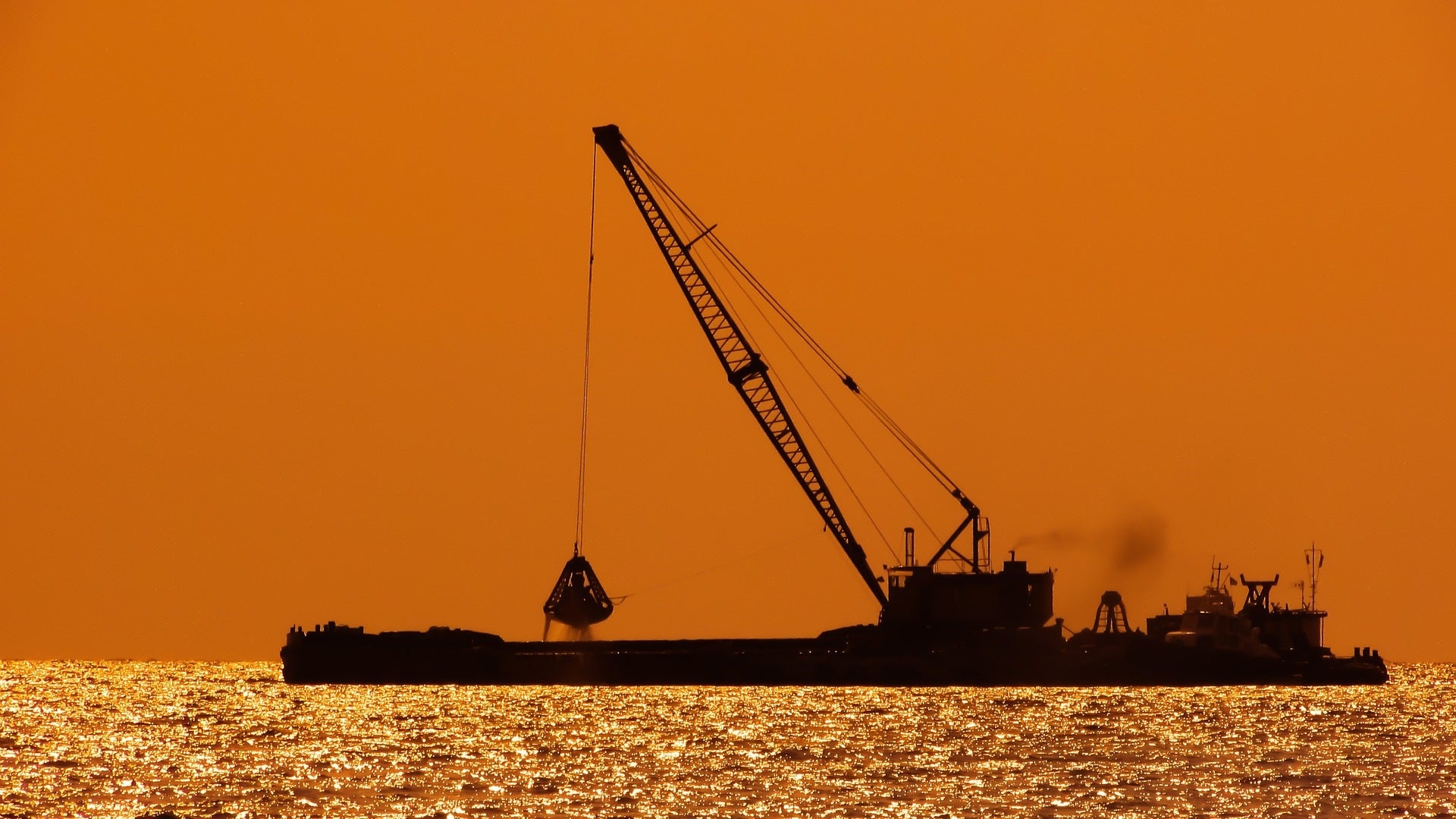
Marine equipment supplier Royal IHC has obtained approval in principle (AiP) from classification society Bureau Veritas for the design of a hydrogen-fuelled trailing suction hopper dredger (TSHD).
Royal IHC has developed the design in collaboration with Rijkswaterstaat, which is part of the Dutch Ministry of Infrastructure and Water Management.
The company stated that it is engineering a new type of vessel, known as the LEAF (low energy adaptive fuel) hopper.
The partners started working on the exploration phase in 2019.
The hydrogen-powered TSHD is expected to become operational in 2024 and will be used to maintain the Dutch coastline.
Bureau Veritas awarded the AiP after assessing the proposed design of the vessel, including its features and specifications, and deeming the design acceptable in its early phase, with the hydrogen system safely integrated.
How well do you really know your competitors?
Access the most comprehensive Company Profiles on the market, powered by GlobalData. Save hours of research. Gain competitive edge.

Thank you!
Your download email will arrive shortly
Not ready to buy yet? Download a free sample
We are confident about the unique quality of our Company Profiles. However, we want you to make the most beneficial decision for your business, so we offer a free sample that you can download by submitting the below form
By GlobalDataThe LEAF hopper will not only cut down greenhouse gas emissions but will also reduce harmful exhaust gas emissions near the coast and coastal cities.
The new vessel will emit only water vapour when run on hydrogen.
However, during the construction of the vessel and in generating green hydrogen, a small amount of CO₂, NOx, SOx and particulate matter will be produced.
The company stated that the LEAF hopper will feature designs that will aid in low energy consumption, such as energy recovery systems and an electric drive train.
Rijkswaterstaat aims to achieve carbon neutrality by 2030, so has been seeking cost-effective solutions for its coastal protection projects to reduce CO₂ starting from 2024.







